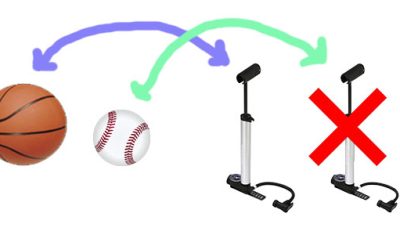
The word “respectively” is extremely useful, but only if you use it correctly. It’s useless…

Grammatical metaphor may seem complex, but it is actually something we use rather automatically and…
Get a free sample of ProofreadingPal’s work.
Two professional proofreaders will proofread and edit your document.
Try it
There are occasions when the living language is unsettled; no firm rule guides us, and…
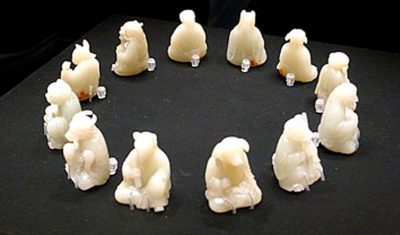
igurative and literal speech, often confused, are important to understand, and both serve their purposes…

Words derived from the same root might change their spellings when used as nouns or…

Recently, I’ve been noticing an increase in the error of putting a hyphen between a…

We’re used to speaking and writing as individuals; writing from the whole family means navigating…

In today’s post, I will focus on the needs of one of our large client…
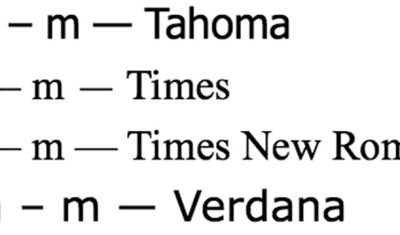
The en dash is used mostly for number ranges (e.g., 1928–1972) and in some stylebooks…
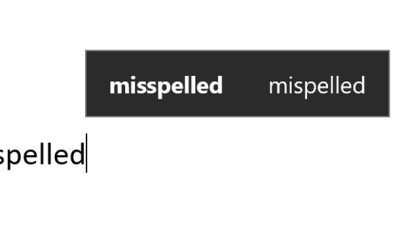
A given word may or may not then “read” to the English-trained eye as foreign,…

Whether your first language is English or not, you must have mixed your metaphors a…
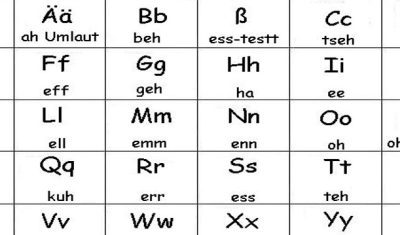
Foreign loan words are brought into English more or less intact, either in their original…

I know, as an editor, I’m not supposed to say this, but when it comes…

This quick guide to some of the most common, old-school, and occasionally forgotten abbreviations should…

In today’s post, I will write about a related topic: capitalization of medication names. The…
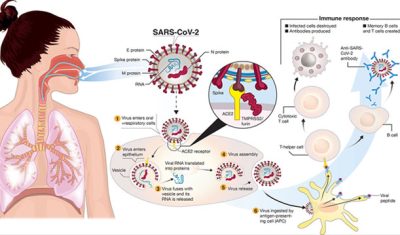
If you’ve ever been confused about how to capitalize disease names, read on. In today’s…
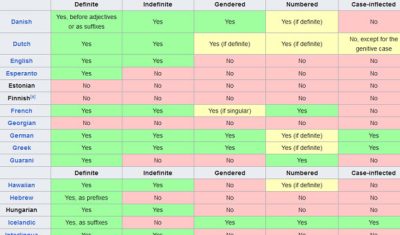
There are three articles: “a,” “an,” and “the.” All of them function as adjectives.

The English language is full of words that seem to perform the same function but…
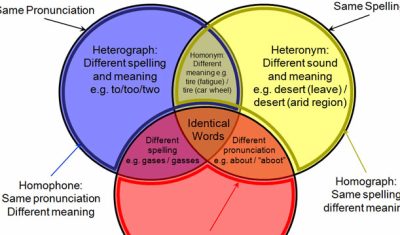
Ah, the double-edged sword of spell-check. That little red squiggle under misspelled words can be…
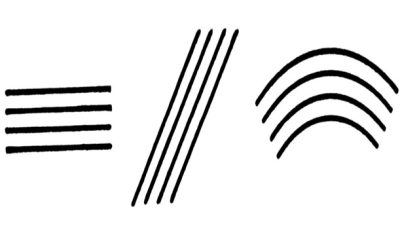
“Parallelism” means the same parts of a sentence must be of the same type. But…
Get a free sample proofread and edit for your document.
Two professional proofreaders will proofread and edit your document.
We will get your free sample back in three to six hours!